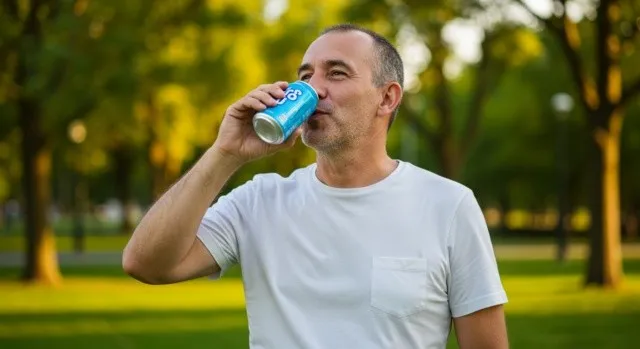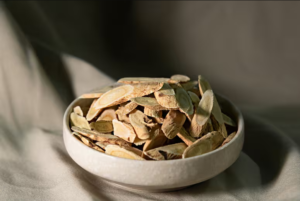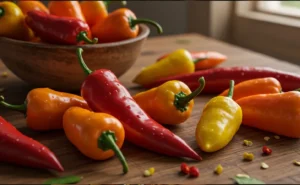In addition to food, beverages play a key role in the development of insulin resistance. Find out which ones you should avoid and why.
Insulin resistance occurs when the body’s cells, primarily in the muscles, liver, and fat tissue, stop responding appropriately to insulin, an essential hormone that regulates blood glucose levels.
This imbalance forces the pancreas to produce more insulin than normal, which over time can lead to hyperglycemia and contribute to the development of chronic diseases.
According to the U.S. National Institutes of Health (NIH), this metabolic phenomenon, when prolonged, can lead to excess circulating glucose, which the body eventually stores as fat. This fat accumulation contributes to overweight and other disorders linked to metabolic syndrome.
The role of sugary drinks in insulin resistance
One of the factors that most influences the deterioration of insulin sensitivity is the regular consumption of beverages with high levels of sugar. Soft drinks, processed juices, sweetened coffees, and energy drinks are among the main culprits.
The ISSSTE warns that Sugary drinks not only raise blood glucose quickly, but are also associated with an increased risk of obesity and type 2 diabetes. The American Diabetes Association notes that a can of soda can contain up to 40 grams of sugar, mostly in the form of high fructose corn syrup, dextrose, or invert sugar.
Even energy drinks, promoted as performance-enhancing drinks, can contain more than 37 grams of sugar per serving, according to the U.S. National Library of Medicine. These types of products dramatically increase blood glucose, promoting insulin resistance.
And what about natural juices? They’re not innocent either.
Although 100% natural juices are often perceived as healthy options, their high carbohydrate content and lack of fiber make them another threat to those who must manage their insulin response. Healthgrades warns that even juices like cranberry can cause glucose spikes by eliminating the fiber that normally slows glucose absorption.
Light Drinks, Alcohol, and Sweeteners: What You Should Know
Excessive alcohol consumption also impacts glucose regulation, either through sudden increases in blood sugar levels or through dangerous interactions with diabetes medications. Meanwhile, beverages labeled “light” or “zero” may contain artificial sweeteners that alter the body’s metabolic response, indirectly affecting insulin resistance.
How to Prevent Insulin Resistance Through What You Drink
The good news is that insulin resistance can be prevented with lifestyle changes. In addition to following a balanced diet rich in fiber, magnesium, omega-3 fatty acids, and vitamin D, it’s key to pay attention to the beverages you consume.
Experts recommend choosing plain water, unsweetened mineral water, and fresh vegetable juices as safer alternatives. For people diagnosed with insulin resistance or diabetes, it is essential to consult a healthcare professional to define a personalized eating plan.























+ There are no comments
Add yours